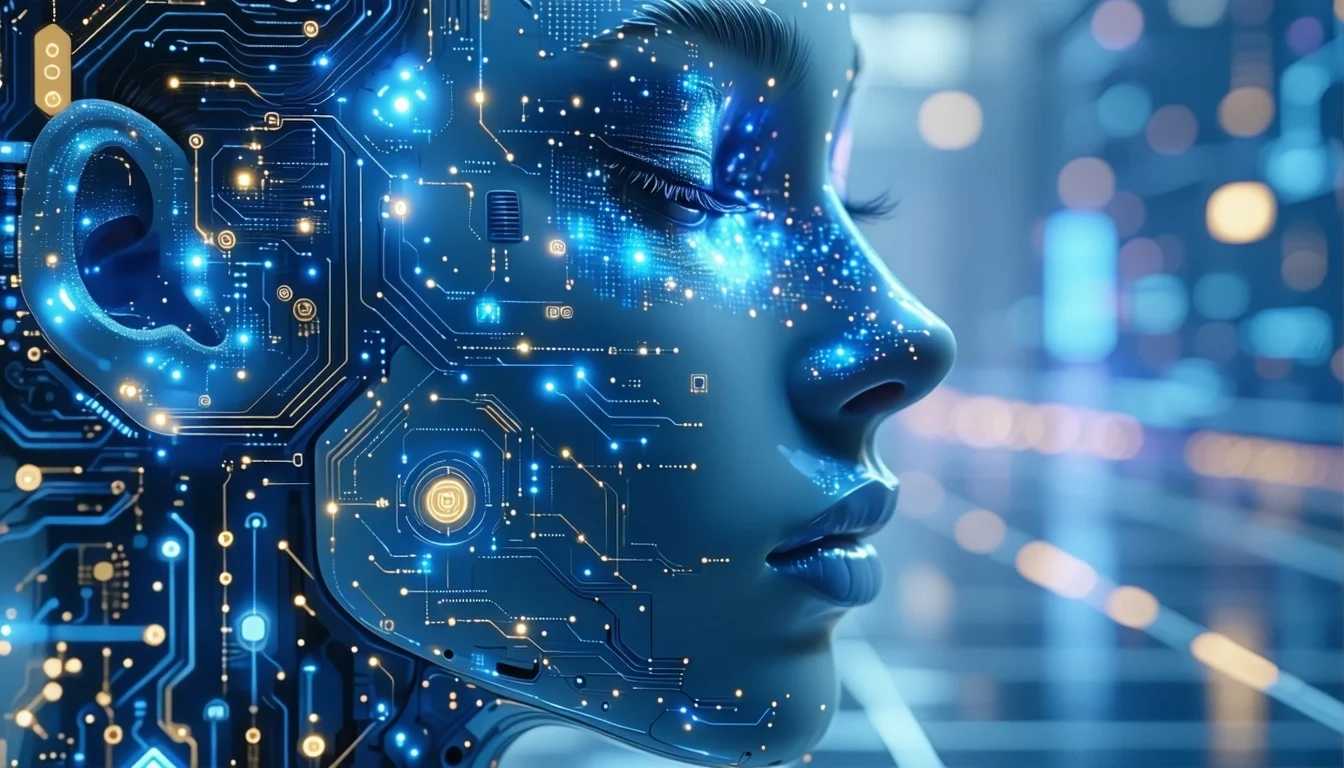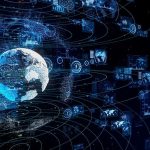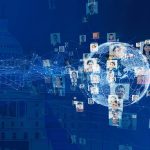Introduction
The world is undergoing what many call an AI renaissance—a period where artificial intelligence is revolutionizing human behavior, governance, and creativity. Technology has become more than a tool; it is the foundation upon which global progress, political influence, and cultural identity now rest.
From the halls of power to the stages of Hollywood, AI is transforming communication, diplomacy, and expression. The convergence of technology, leadership, and entertainment has created an ecosystem where digital intelligence shapes both reality and perception.
AI and the Evolution of Global Governance
Governments across the world are harnessing AI to improve efficiency, monitor systems, and strengthen security. Artificial intelligence helps predict economic trends, manage healthcare crises, and optimize resource allocation. This integration marks a profound shift in how nations operate and compete.
However, reliance on AI also brings unprecedented risks. Surveillance systems and predictive policing raise ethical questions about privacy and fairness. Without clear international frameworks, technology could become a weapon of control instead of empowerment.
Celebrity Engagement in AI Awareness
Celebrities are emerging as unexpected advocates in the AI conversation. Public figures like Elon Musk and Scarlett Johansson have raised concerns about digital ethics, automation, and creative ownership. Their participation helps translate complex technological debates into public understanding.
Through documentaries, social campaigns, and online advocacy, these figures influence how audiences perceive AI’s role in society. This alliance between fame and innovation demonstrates how popular culture can drive technological responsibility.
The Digital Economy and Political Transformation
The rise of AI has redefined the global economy, creating new industries and challenging traditional systems. Automation and data intelligence have reshaped manufacturing, marketing, and labor markets. Nations now compete not just for natural resources, but for technological superiority.
In politics, digital transformation is shifting the focus from ideology to innovation. Governments that adapt quickly to AI gain strategic advantages, while those resisting change risk being left behind in an increasingly data-driven world.
AI’s Impact on Creativity and Expression
The intersection of art and artificial intelligence has opened new creative frontiers. Musicians, filmmakers, and designers use AI tools to craft visuals, melodies, and stories that push the boundaries of imagination. AI-generated art challenges traditional definitions of originality and authorship.
Yet, this transformation also raises philosophical concerns. When machines can create beauty, what remains uniquely human? The answer lies in emotional depth and ethical intent—qualities no algorithm can replicate.
Technology’s Role in Shaping Global Culture
Technology has unified global communication, allowing ideas and movements to transcend borders in seconds. Social media platforms and AI-driven translation tools have created a shared digital culture that connects billions of people worldwide.
However, this interconnectedness also amplifies misinformation and polarization. As technology influences identity and opinion, societies must cultivate digital literacy to preserve truth and understanding in a rapidly evolving world.
The Ethical Dilemma of Progress
Innovation always comes with consequences. The race for AI dominance has ignited moral debates about human oversight, labor displacement, and environmental sustainability. As corporations and governments compete, the ethics of AI development often lag behind its capabilities.
The global community faces a choice: pursue innovation without restraint or establish ethical boundaries that ensure technology serves humanity rather than dominates it. This balance will define the next phase of human progress.
FAQs
How is AI changing global politics?
AI shapes political strategies, decision-making, and international competition by providing data-driven insights and automation tools.
Why are celebrities important in AI discussions?
Their global influence helps educate audiences about AI ethics, creativity, and its potential impact on society.
How does AI affect the global economy?
It creates efficiency and innovation but also disrupts traditional jobs and challenges economic stability.
What role does technology play in global culture?
Technology connects people across borders, creating shared experiences but also spreading misinformation and bias.
What are the main ethical concerns about AI?
Privacy violations, bias in algorithms, job loss, and unchecked surveillance are key ethical challenges of AI development.
Conclusion
Artificial intelligence has become the most transformative force of the modern era, merging technology, culture, and governance into a single global framework. Its power extends beyond automation—it is reshaping identity, creativity, and control.
As humanity enters deeper into this AI-driven century, wisdom must accompany innovation. The future will depend on how governments, creators, and citizens align progress with purpose, ensuring that technology remains a servant of humanity rather than its master.



